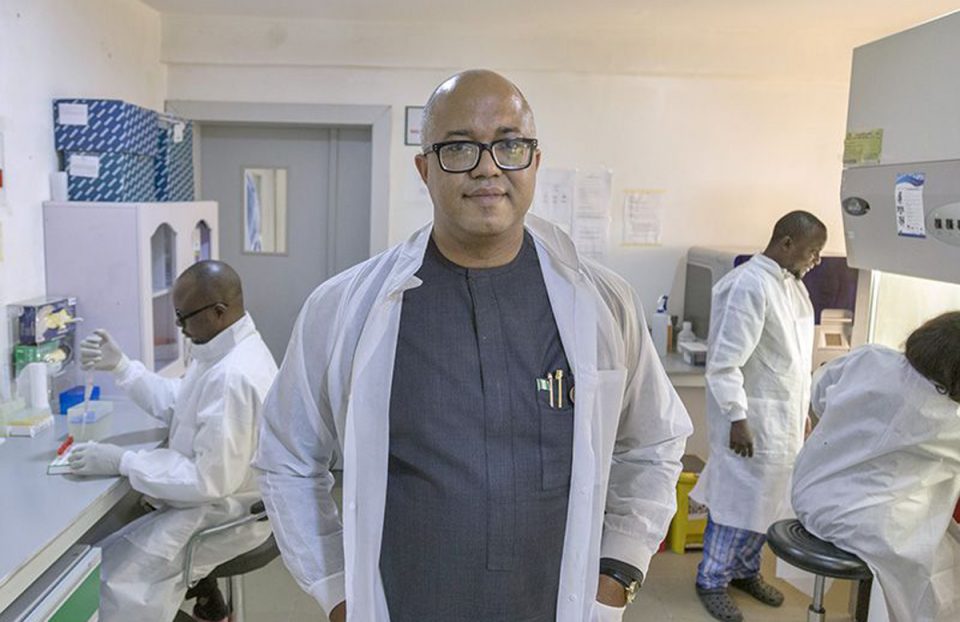He stated, “We have achieved this largely by leveraging on the existing molecular laboratory capacity within our network across the country. We now have the capacity to test 1,500 people per day.
“The challenge right now is not laboratories’ testing capacity, but how active our public health workforce is in collecting samples from identified suspected cases and sending them to the laboratories for testing.”
“We have sufficient testing capacity of 1,500 per day, but we are not close to exhausting it every day. From today, we have to push harder. Our target following the President speech is to get to testing 2,000 per day in Lagos, 1,000 in Abuja and 1,000 for the rest of the country. This is the target we have agreed.”
Ihekweazu said part of the innovation being developed by the PTF was to track all test kits sent to states to ensure they were effectively utilised.
According to him, he visited Lagos during the Easter period where a new strategy was developed, stressing that the new strategy must be replicated across the country.
Sample collection centres to be established
While highlighting processes involved in testing of samples, the NCDC boss stated that it took at least 12 hours for a sample test to be completed. He added that a positive sample could take longer period.
He stated, “We are establishing clinics in Lagos where people can go and have their swabs collected through a special arrangement. They (the swabs) have to be distributed to three laboratories in Lagos and in the following morning, have to be sorted. It is a complex process, but we have managed to improve on it.
“Outside Lagos and Abuja, there are places where we have laboratories and where we have extra-complications of transportation to the laboratories. There is a courier that does that on our behalf. You cannot just collect a sample, you have to save it in a medium that saves its viability until it gets to the laboratories.”
According to him, ambulances will be sent to individuals, who test positive for the virus, to convey them to treatment centres.
Lockdown not to stop outbreak
Ihekweazu said the lockdown extension announced was meant to ensure that the country was ready for reopening of its economic activities without fear of further spread of the virus.
He said, “The goal of the lockdown is not to stop the outbreak but what we are trying to achieve is to work efficiently within the context of reopening economy. Our challenge is to show that we can reopen (the economy) slowly and maintain public health response within a slowly calibrated reopening economy and we have two weeks to demonstrate this across the country.”
FG to build isolation centres in all land borders
Also at the briefing, the minister of health, stated that the primary health centres were not meant to treat coronavirus patients.
He added that treatment centres would be sited at border areas to cater for Nigerians returning from neighbouring countries.
The minister also said government was concerned about the prevalence of COVID-19 in the neighbouring counties
He stated, “Prevalence of COVID-19 in neigbouring states is a new concern. There is a plan to build treatment centres near the legal entry borders. The borders are closed, but when Nigerian citizens turn up, they are allowed in.
“What we do is to take them to a facility where they can be isolated, screened and go through the protocol of 14 day observation before they are released. Those who are positive are taken to the isolation centres.”




